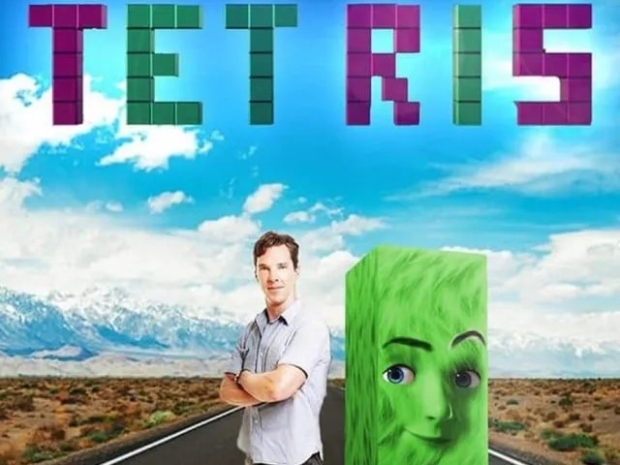Ackerman claims Apple, Tetris rightsholder the Tetris Company, the Tetris film's producers, and screenwriter Noah Pink copied "the exact same feel, tone, approach, and scenes" from The Tetris Effect -- particularly its framing of the game's release as a "Cold War spy thriller."
Ackerman's lawsuit outlines a yearslong correspondence with the Tetris Company as he wrote The Tetris Effect. He claims that the Tetris Company was aware of his work and threatened him with legal action for trying to pursue film and TV adaptations of his book, only to draw heavily from his framing of the Tetris story. "
The film liberally borrowed numerous specific sections and events of the book," claims Ackerman.
Apple and the Tetris Company did not immediately respond to requests for comment. However, the Tame Apple press has rushed to Apple’s defence claiming that the plot of the book and movie draw on real historical facts, which are not generally protected by copyright law.
The lawsuit says that Ackerman's book took a unique approach to writing about the real history of Tetris, as it not only applied the historical record, but layered his own original research and ingenuity to create a compelling narrative non-fiction book in the style of a Cold War spy thriller.
“Ackerman's literary masterpiece, unlike other articles and writings, dispelled the emphasis on the actual gameplay and fans and instead concentrated on the surrounding narrative, action sequences, and adversarial relationship between the players. This was the identical approach Defendants adopted for the Tetri's Film, without notable material distinction," the suit says.
Ackerman says that he reached out after the Tetris trailer's release and unsuccessfully requested Apple and the other defendants address legal issues before the film's release. His suit alleges copyright infringement and unfair competition, among other offences.

